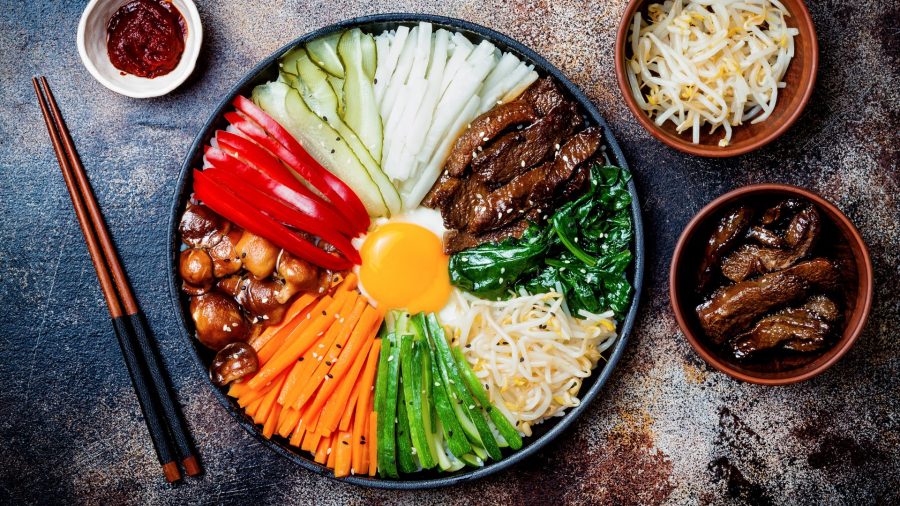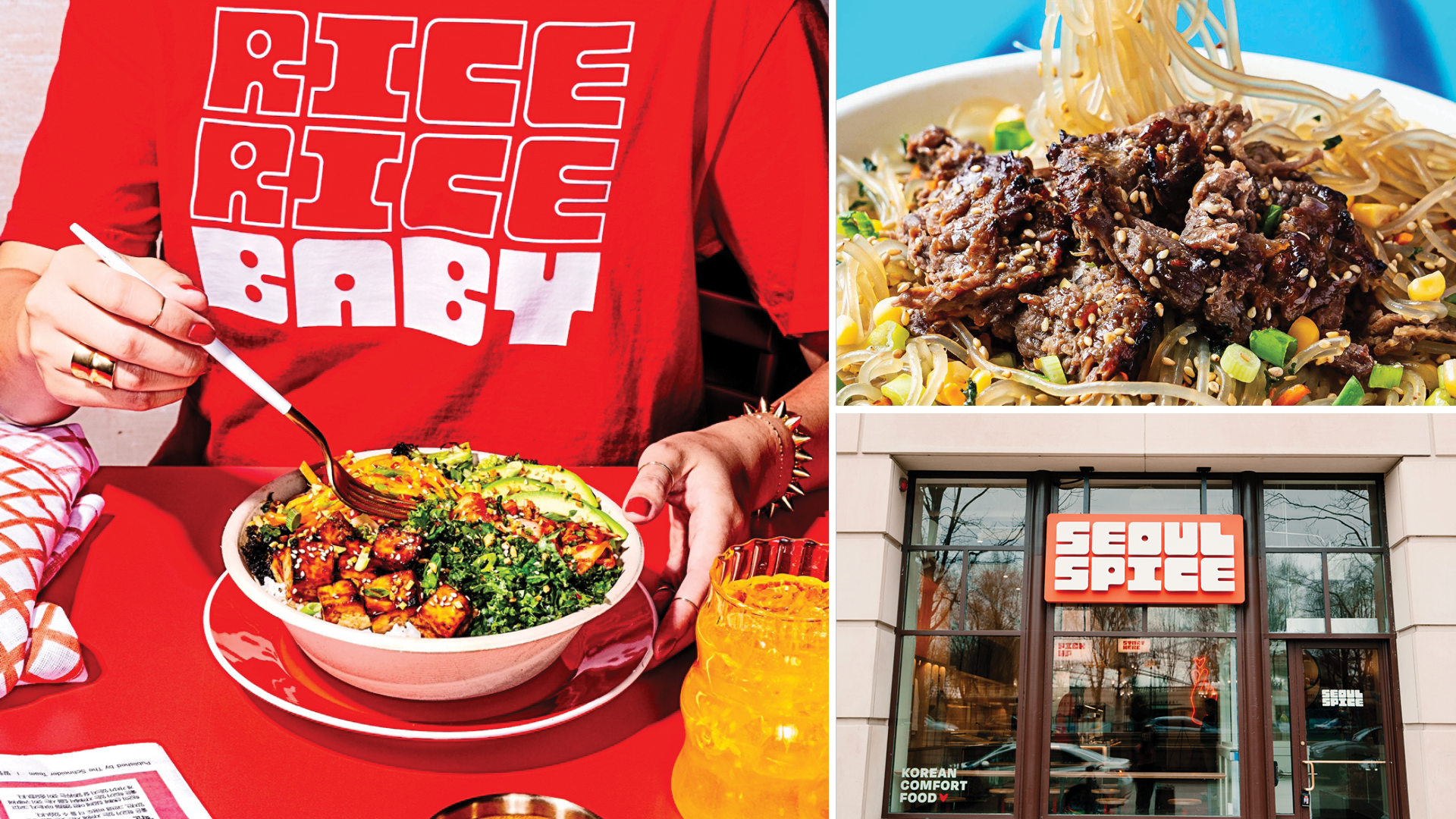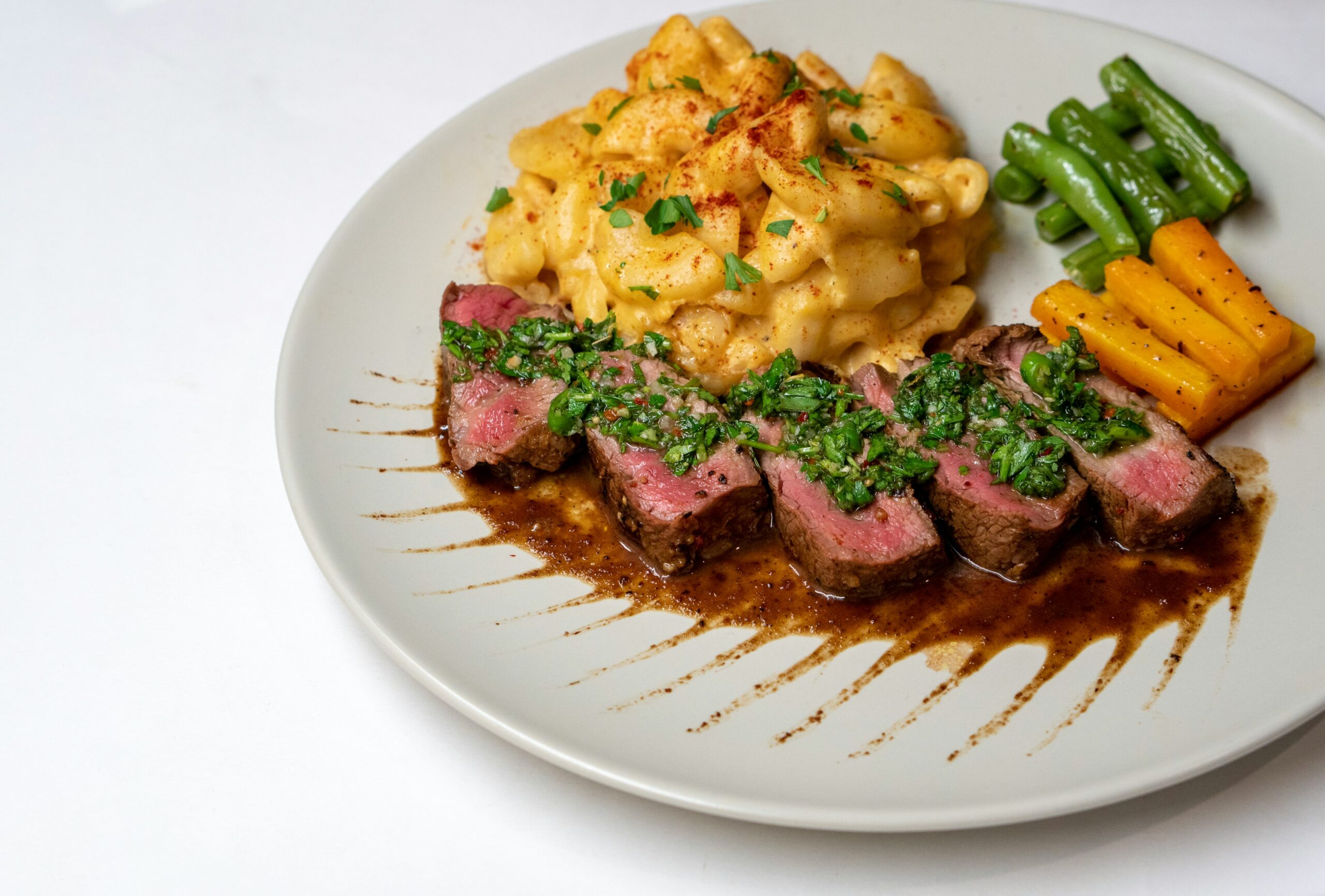Korean cuisine had its moment in 2021, and all indications suggest that popularity could last for the foreseeable future.
According to new data from analytics company Spoonshot, interest in Korean cuisine spiked nearly 90% in the 12 months leading up to January 2022.
“Korean flavors are especially worth keeping an eye on,” Spoonshot research analyst Ranjana Sundaresan told The Food Institute. “Korean food is already popular, but thanks to recent pop culture influences there’s going to be a lot more focus on, and demand, for authentic food and flavors from [that region].”
POPULAR DISHES
Hot wings have proven to be a great medium for flavor innovation across cultures, and Korean spices are being utilized more and more in such dishes.
Meanwhile, Korean foods like fermented, pickled kimchi and bibimbap rice bowls continue to increase in popularity, while meal kits from the likes of Hello Fresh are increasingly featuring Korean-inspired dishes like bulgogi (marinated slices of beef and pork). Korean cuisine uses no shortage of creative ingredients, including SPAM, as noted in this recent Food Institute video.
Ultimately, Korean cuisine’s diversity of spices is increasingly resonating with the western world, as noted in a 2021 Lifestyle.Inq article.
Adriana Guillen, a former Master Chef contestant, noted that Korean culture, in general, is gaining influence on America. That’s due in large part to the region’s increasingly popular musicians (like South Korean boy band BTS), and TV shows (like the popular Netflix survival series Squid Game).
“As we become more aware of Korean entertainment, our interest in their way of life comes naturally,” Guillen told The Food Institute. “And food is just the next step.”
BUSINESS OPPORTUNITIES
Korean cuisine has continued to gain worldwide popularity since 2010, and approximately 30 percent of respondents in a recent Statista survey said Korean food was very popular in their country.
Guillen feels food companies have a prime opportunity to seize upon Korean cuisine’s popularity. They can do so, she said, mainly by showcasing recipes via social media.
“A full recipe video, a short video, a beautifully plated photo, and even a livestream to connect with an audience are perfect to gain new customers,” said Guillen, currently a content creator for YouNow. “When this creative content is seamlessly displayed through lifestyle-type of content, [by] content creators, it feels natural for viewers to adapt.”
The chef added that Korean barbecue epitomizes Korean food’s popularity, in the respect that it often spices up group gatherings and leads to experiential dining.
“Other cuisines introduced us to spicy food,” Guillen noted, “and now the American palate craves it.”












